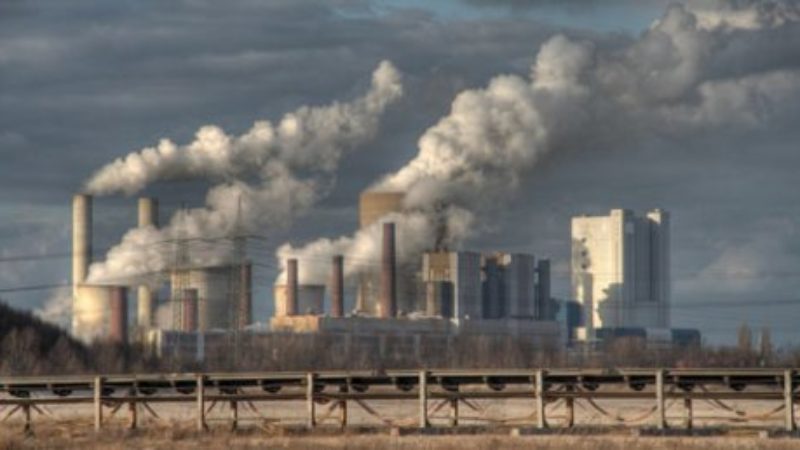
Government charges on energy bills help fund the UK’s switch to renewable energy, and also subsidise heating and insulation for the poorest and elderly. But with energy prices soaring and the Tories’ attacks on the taxes increasing, there’s a good case for Labour to consider replacing the taxes with something that achieves the same results but takes the burden away from people who’re struggling to pay their bills.
The populist case against taxes on energy bills isn’t as obvious as it may seem. Most people, correctly, don’t think their energy bill is so high because of the cost of renewables: just 7% say taxes for turbines are the main factor driving up prices. So it may seem this isn’t a problem in most people’s eyes, just something dreamed up by the Telegraph and Mail, egged on by the Big Six energy suppliers.
The charges are currently made up of two things: green levies that support the switch to a low carbon energy supply: 4% of an average bill (in fact, there’s a good case that this will also produce lower energy bills in the long term). A slightly larger amount (5% of an average bill) is for helping poorer people with heating and insulation.
But while these are important, there’s still a case for changing things. Cutting household bills is one of the most popular things politicians could do: more than cutting taxes or increasing wages. And there’s enough truth that taxes are part of what’s driving high and rising energy bills, at least in the short-term, for there to be the impression that the burden of paying for climate change is falling on people who can’t afford it.
It’s a particular problem for Labour. The combination of the freeze on energy bills and a commitment to a 2030 decarbonisation target will squeeze energy companies’ finances. Most people won’t be bothered by smaller corporate profits, but it will give the Tories the chance to paint Labour as failing to understand business and leaving a black(out) hole in their energy plans.
There’s also a political risk for Labour, of the Tories abolishing the taxes first. Already there are rumours that the Tories will address energy taxes in the Autumn Statement on 4 December. It’s not hard to imagine them scrapping a couple of the taxes and so neutralising Labour’s position as the party that offers the lowest energy bills. The SNP have just suggested something similar.
And there’s a social justice argument for changing the taxes. While the social charges distribute support to poorer people, this has to work against the regressive effect of increasing bills. There could be more progressive ways to pay for the UK’s shift to a less polluting and cheaper energy supply, and to helping poorer people get through the winter.
One problem with moving around any taxes is that the anger of the losers generally outweighs the gratitude of the winners. This could be partly mitigated if the losers are seen to be able to afford it, but even a progressive redistribution of energy taxes can’t be expected to get only a positive response.
There’s still another piece missing though. Even if the politics and economics are right, Labour and others still need to spend more time explaining why green taxes are necessary at all. The UK public overwhelmingly believes climate change is real and a threat, but there’s little understanding about what climate change will mean for the UK and why we should care. If Labour are to continue supporting decarbonisation, as they should, they need to get better at explaining why it matters.
Government charges on energy bills – whether green or redistributing – serve an important purpose. But with the Tories moving against them and Labour trying to fight the election as the party who’ll reduce the cost of living, the taxes are likely to come under increasing pressure. The benefits they bring may be best protected by Labour adapting the charges to reduce their burden on the poorest, while also putting more work into explaining why the UK should want a lower carbon and renewable energy supply.




More from LabourList
‘Tackling poverty should be the legacy of Keir Starmer’s government’
‘The High Court judgment brings more uncertainty for the trans community’
‘There are good and bad businesses. Labour needs to be able to explain the difference’